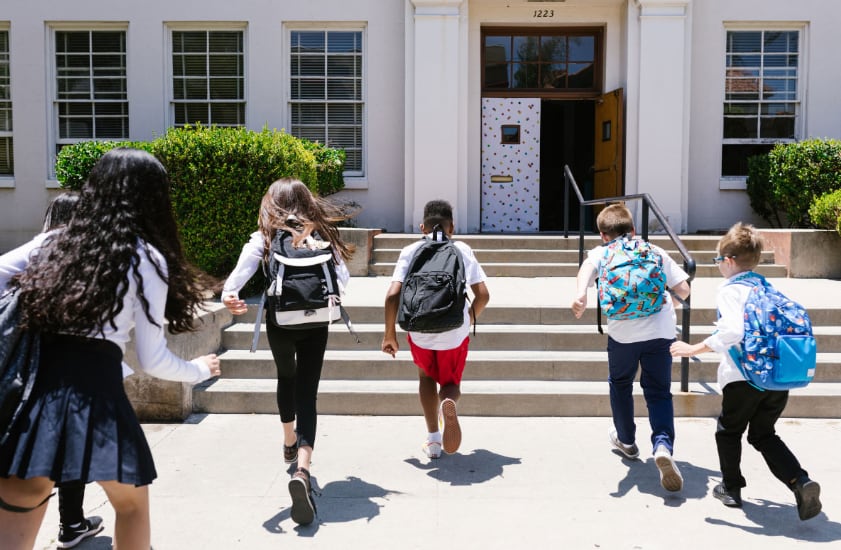Dyslexia is a learning disability that affects many children. Traditional schools may not always have the resources to help dyslexic students learn effectively. However, private schools that specialize in teaching dyslexic students can offer unique benefits. In this blog post, we will explore how to find the best private schools for dyslexia and the factors you should consider when making this important decision.
Understanding Dyslexia
Dyslexia is a learning disability that affects a child’s ability to read, write, and spell. The symptoms of dyslexia may vary from person to person and can include difficulty with phonemic awareness, word decoding, and reading comprehension. There are three types of dyslexia: auditory, visual, and attentional. Dyslexia can be addressed using various teaching approaches such as Orton-Gillingham, a multi-sensory approach that teaches reading, writing, and spelling using visual, auditory, and kinesthetic methods.
Factors to Consider When Choosing a Private School for Dyslexia
When choosing a private school for dyslexia, several factors need to be taken into consideration. These include accreditation and licensing, curriculum and teaching methodology, class size and student-to-teacher ratio, staff qualifications and training, facilities and resources, extracurricular activities and support services, and cost and financial aid options.
Researching Private Schools for Dyslexia
The internet is an excellent resource for researching private high schools for ADHD students and dyslexics. Online directories and review sites can help you identify schools that specialize in teaching dyslexic students. Schedule visits and interviews with potential schools and talk to other parents of dyslexic children to get their recommendations.

Evaluating Private Schools for Dyslexia
When evaluating private schools for dyslexia, it is essential to observe classes and interactions between teachers and students. Speak with the school’s staff and administrators about their approach to teaching dyslexic students, and evaluate the quality and comprehensiveness of the school’s support services for dyslexic students.
Making a Decision
After researching and evaluating private schools for dyslexia, it’s time to make a decision. Compare and contrast the schools you have researched and evaluated, consider your child’s unique needs and learning style, take into account your budget and financial aid options, and make an informed decision based on the factors that are most important to you and your child.
Conclusion
Finding the best private school for dyslexia is a crucial decision that can positively impact a child’s education. By understanding dyslexia, considering the factors that are important in selecting a school, researching and evaluating potential schools, and making an informed decision, parents can provide their children with the support they need to learn effectively and thrive academically.

